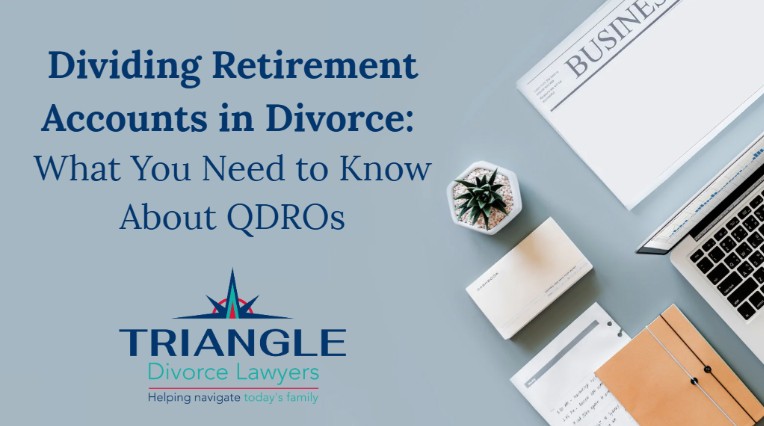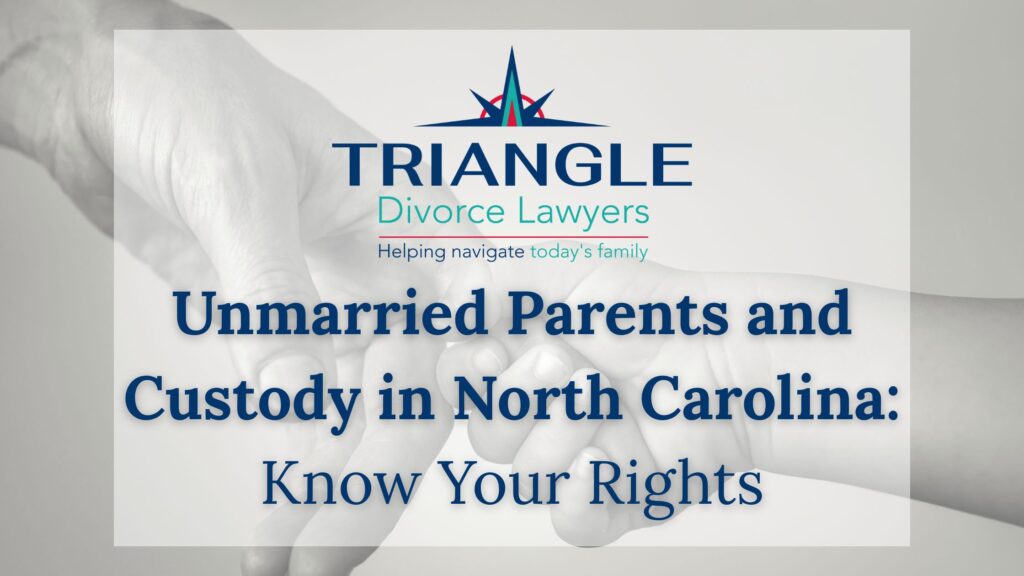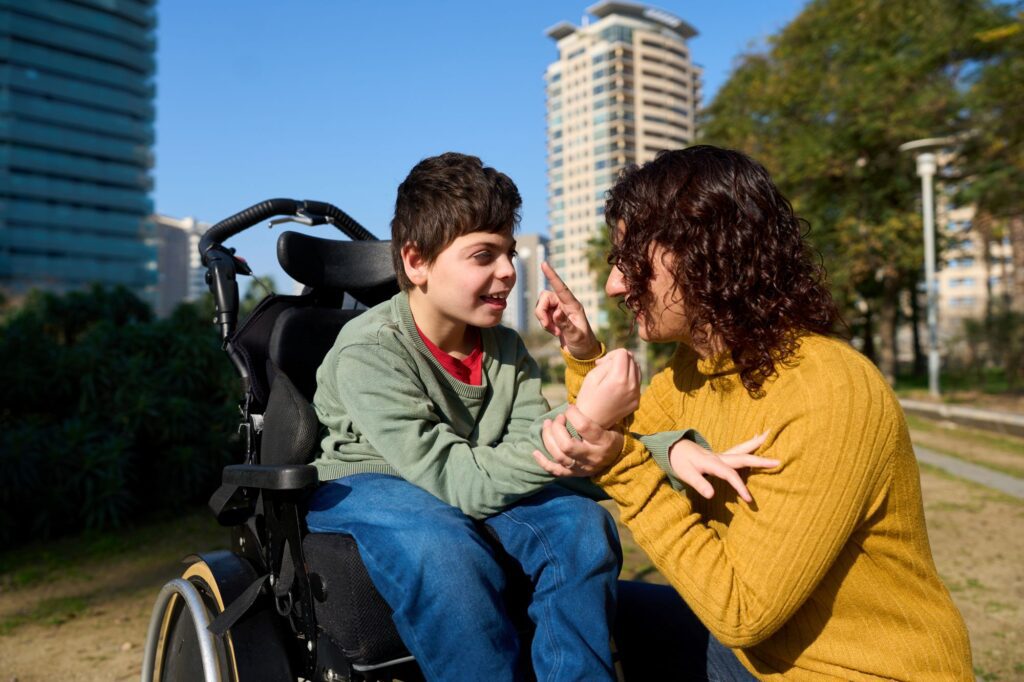Unraveling a lifetime, a marriage, and/or a family is a very serious and complicated matter. It comes with pain and expense. However, it does not have to come with a court hearing. In fact, there are many ways to resolve marital conflict that do not necessarily involve formal legal drafting, discovery and hearings. Those methods include at least mediation and/or collaboration.
Mediation is an alternative dispute resolution method that allows for the parties to come together, with or without legal counsel, with a trained mediator to resolve all or many of the conflicts involved in division of the house and family. The mediator will work with the parties together or will shuttle between the parties to act as a conduit of needs and desires.
The Mediator will help as much as possible to create an agreement that the parties can hopefully draft or have drafted and sign, thereby agreeing on important terms for dissolution of the marriage. Mediation allows the parties to make most or all of the decisions regarding their family and assets. Mediation is a process based upon sound decision making, rational thought and compromise.
Collaboration, likewise, is another method of dispute resolution involving the parties and neutrals to help with the demise of the marriage. A trained collaborator assists the parties as they address the issues they face in ending their marriage and very often uses the guidance of neutrals as well.
For instance, the parties may need a financial neutral to aid in their evaluation of monetary assets as they work through separation and division. Collaboration can take a few sessions to complete and is done at the parties’ convenience and with the parties’ cooperation. Collaboration is a process based upon good counsel, open communications and resolution-based thought.
Triangle Divorce Lawyers has trained mediators and collaborators on staff to help review these possible alternative dispute resolutions methods with as you try to navigate your new normal.




